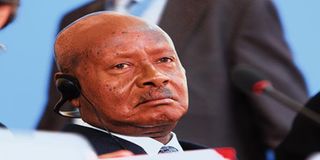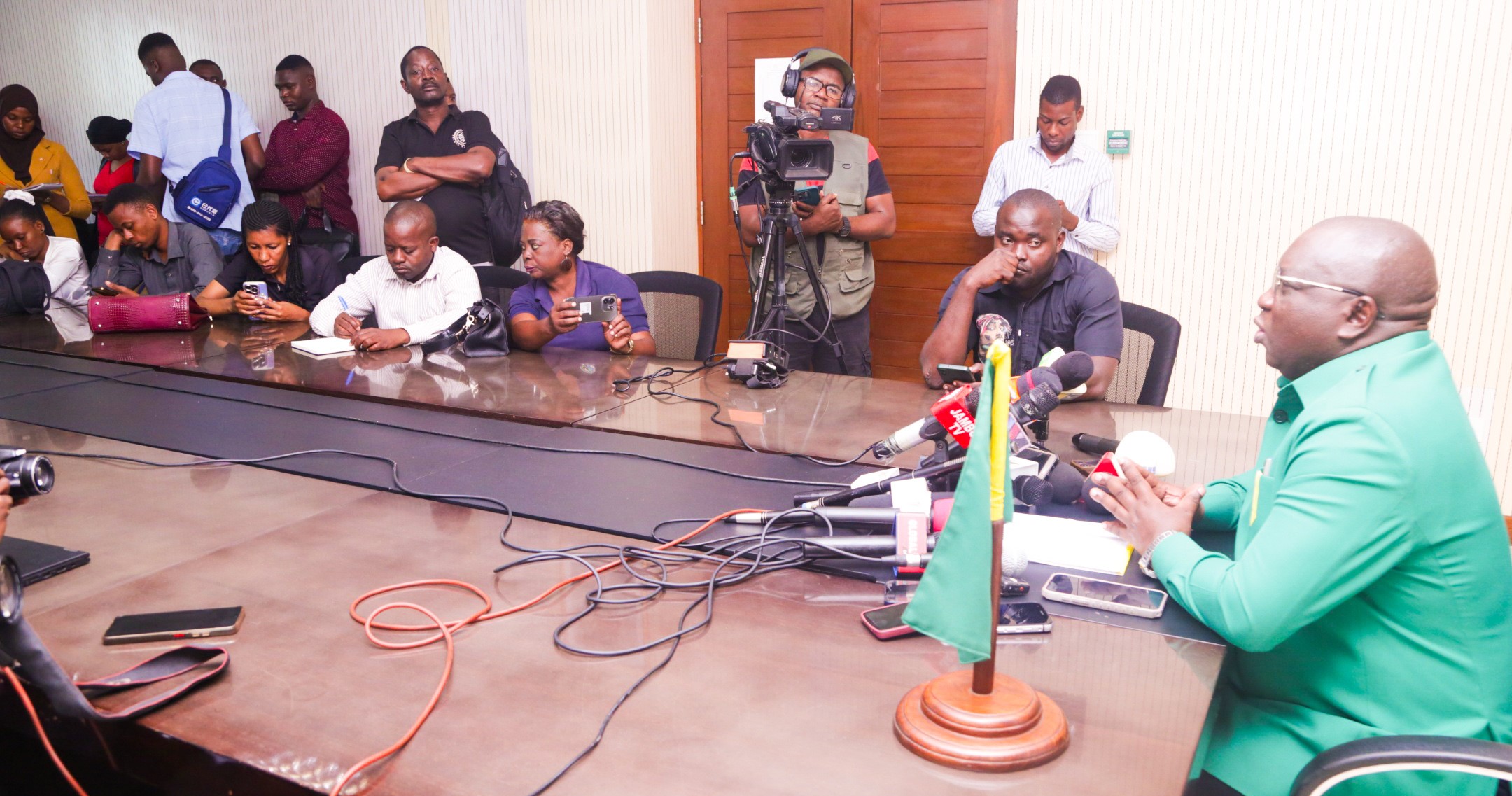OPINION: Arab spring can spill over the rest of Africa

President Yoweri Museveni of Uganda. He is one of the longest serving presidents in Africa.
What you need to know:
The no-spill-over school of thought proponents even argued that the Arab Spring was (actually) a continuation of the wind of change that swept over Sub-Saharan Africa in 1980s. Then Burkina Faso happened!
To make the argument that the Arab Spring would not spill over into Sub-Saharan Africa, (an academic) attempt was made to portray the leadership challenges in Arab Africa as completely different from those afflicting Black Africa.
The no-spill-over school of thought proponents even argued that the Arab Spring was (actually) a continuation of the wind of change that swept over Sub-Saharan Africa in 1980s. Then Burkina Faso happened!
The people of Burkina Faso chased President Blaise Compaore from power in a fashion similar to the Arab Spring. It is advisable that students of African political history take interest in the Burkina Faso case; for it could be the beginning of a new epoch in the ever evolving African revolution.
Africa’s Leadership Challenge
From the 1980s to the turn of the century, the dominant players in the African leadership came to power through armed struggle processes.
Presidents Museveni of Uganda, Meles Zenawi of Ethiopia, Paul Kagame of Rwanda and others fit in this category. These new leaders were viewed and hailed by the West as a new crop of leaders that would bring new meaning to African leadership.
However, these new African leaders have always found it difficult to voluntarily leave power either as a result of an electoral defeat or respecting the constitutional provision that limits them to continue ruling.
The act of leaving power voluntarily has deified the late former Tanzanian President Julius Nyerere (even after conceding to have made grave mistakes during his tenure). Joachim Chissano of Mozambique and Nelson Mandela of South Africa voluntarily offered not to seek re-election even when they were still popular and not constrained by any constitutional provision.
This selfless act of voluntarily stepping down from power takes more than ideological clarity but also depth of character and courage.
The Nyerere, Mandela and Chissano cases are quite different from the cases of Daniel arap Moi of Kenya, Alpha Konde of Mali, Jerry Rawlings of Ghana, Tejan Kaba of Sierra Leone and Ben Mkapa of Tanzania who left power gracefully because they respected the constitutional provisions that denied them the opportunity to seek another presidential term.
Kenneth Kaunda of Zambia, Abdou Diouf of Senegal left power gracefully when they were defeated at the ballot.
Yet there are others who unsuccessfully sought a third term in office. They are Olusegun Obasanjo of Nigeria, Fredrick Chiluba of Zambia and Bakili Muluzi of Malawi.
Obasanjo, Chiluba and Muluzi’s bids for a third term of office were thwarted by a strong civil society and a steadfast Parliament.
All of them, however, exercised a lot of influence in the selection (or was it handpicking, as some cynics would say?) of their successors.
The last three elections in Zimbabwe were disputed. The May 2007 Nigerian presidential election that returned President Musa Yar Dua was challenged in the supreme court while the December 2007 Kenyan elections were only resolved through ‘political means’; not the ballot.
President Museveni’s electoral victories in 2001 and 2006 were disputed in court.
Elections in Tanzania, Kenya, Ethiopia, Egypt, Chad, DR Congo have been disputed by the opposition in one way or the other.
From 2002 to date, Africa has only witnessed two undisputed elections in which presidents are elected by universal suffrage: the 2002 Kenyan elections won by Mwai Kibaki and the 2007 Mauritania elections won by President Sidi Ould Cheikh Abdallahi.
Most constitutions that were made from 1980s to date have provisions for two term limits for presidents.
But these constitutions don’t seem to offer enough deterrence for power hungry leaders (please refer to the Compaore ouster case). So, what is Africa’s leadership problem?




